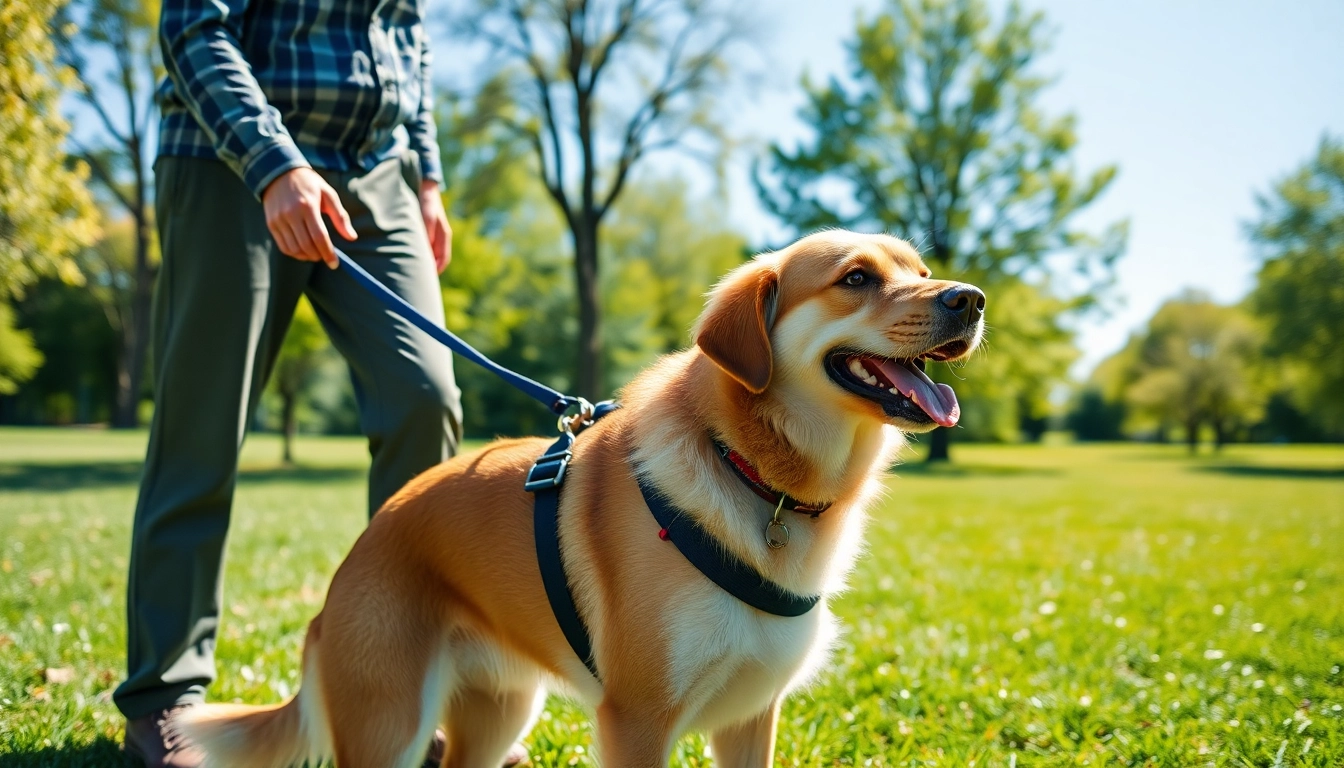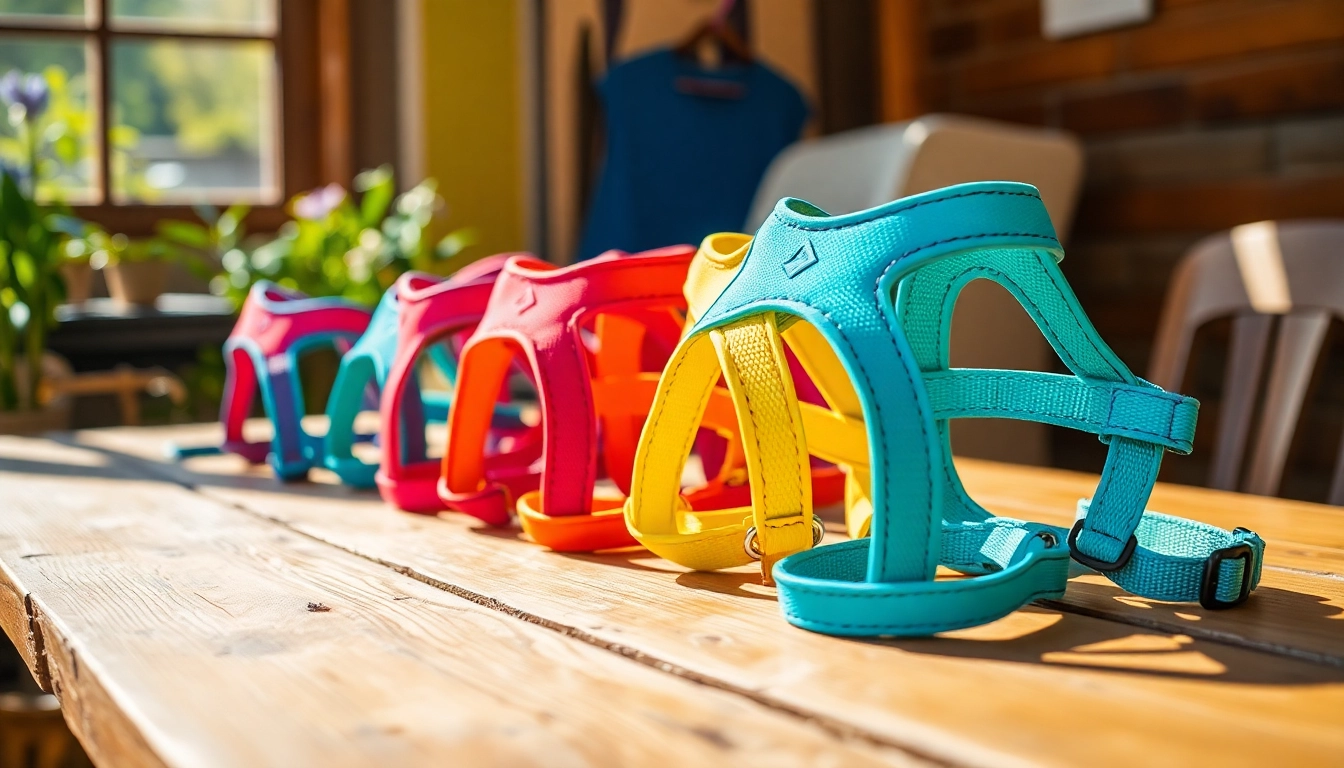Understanding the Benefits of Service Dogs for Sale
Service dogs have become invaluable companions, providing support and assistance to individuals facing various challenges, including disabilities and mental health disorders. The demand for service dogs for sale has grown as more people recognize the profound impact these specially trained animals can have on improving quality of life. This article delves into the myriad benefits these canine helpers offer, the types available for sale, and essential considerations for prospective buyers.
What Are Service Dogs?
Service dogs are trained to perform specific tasks for individuals with disabilities. Unlike emotional support animals or therapy dogs, service dogs undergo rigorous training to assist people with physical or psychological impairments. This training enables them to perform tasks that mitigate their handler’s disabilities, such as guiding a person who is visually impaired, alerting individuals with hearing impairments, or calming those with PTSD during anxiety episodes.
The Role of Service Dogs in Everyday Life
The presence of a service dog can dramatically change the life of their handler. They not only provide physical assistance but also bring emotional support and companionship. The bond shared between a service dog and its owner often transcends mere utility, as these animals become integral members of their families. In everyday scenarios, service dogs can help navigate crowded spaces, fetch dropped items, and provide alerts when medical issues arise, thus enhancing the independence and safety of their handlers.
Key Characteristics to Look for in Service Dogs for Sale
When searching for service dogs for sale, it’s crucial to consider several key characteristics:
- Temperament: Service dogs need to exhibit calmness, confidence, and a stable temperament. They should be well-socialized and able to perform tasks without being easily distracted.
- Trainability: A dog’s ability to learn and follow commands is vital. Look for a breed that is naturally inclined toward learning and understands basic obedience commands.
- Size: Depending on the individual’s needs, the size of the service dog can be a significant factor. Larger dogs may be better suited for mobility assistance, while smaller dogs can serve well in other capacities.
- Health: Ensure the dog is in good health, with a clean bill of health provided by a veterinarian.
Types of Service Dogs Available for Sale
Mobility Assistance Service Dogs
Mobility assistance service dogs are specifically trained to support individuals with physical disabilities. These dogs can help their owners navigate their environments safely by providing support, fetching items, or even enabling them to execute daily tasks more efficiently. They can also offer steadiness while walking and prevent falls. Breeds commonly selected for this role include Golden Retrievers and Labradors due to their strength, size, and friendly nature.
Psychiatric Service Dogs for Mental Health Support
Psychiatric service dogs are trained to assist individuals with mental health conditions such as anxiety, depression, and PTSD. They can sense changes in their handler’s emotions and respond accordingly — for example, by providing a calming presence during anxiety attacks or disrupting harmful behaviors. These dogs can also facilitate social interactions and promote a sense of security. Although any breed can be trained for this service, breeds like Labradors and Poodles are often preferred for their friendly and non-aggressive demeanor.
Medical Alert Service Dogs and Their Training
Medical alert service dogs are trained to recognize specific medical conditions, such as seizures or low blood sugar levels, and alert their owners accordingly. Their training includes a variety of tasks depending on the medical needs of the individual. Training for these dogs requires consistency, positive reinforcement, and expert guidance to ensure the dog can effectively alert the handler or summon help when needed.
How to Choose the Right Service Dog for Your Needs
Assessing Your Specific Requirements
The first step in choosing a service dog is to thoroughly assess your unique requirements. Consider the tasks you need assistance with and your lifestyle. This evaluation will guide you in selecting a dog that matches your physical capabilities and emotional needs. Consulting with a healthcare professional or a service dog organization can provide valuable insights into what type of dog would be best suited for your specific situation.
Finding Reputable Sources for Service Dogs for Sale
It’s vital to find reputable breeders or organizations that focus on training service dogs. Conduct thorough research, read reviews, and seek recommendations from professionals in the field. A trusted source will provide detailed information about the dog’s training, health history, and overall temperament. Furthermore, organizations that specialize in service dogs typically adhere to ethical standards and guidelines that govern the training and placement of service dogs.
Evaluating the Dog’s Training and Background
Before making a purchase, evaluate the dog’s training and background. Request documentation that outlines the training they have received and observe a demonstration of their skills. If possible, interact with the dog in different environments to gauge its behavior. This will help ensure that the dog will be well-suited to your needs in real-life situations.
The Process of Acquiring a Service Dog for Sale
The Application and Approval Process
Acquiring a service dog typically involves an application and approval process. Many organizations require prospective handlers to complete an application detailing their needs and lifestyle. After submission, there may be an interview or home visit conducted to assess suitability. This process is essential in matching the right service dog to the right person, ensuring a successful partnership.
Understanding Costs and Financial Assistance Options
The cost of trained service dogs can be significant due to the specialized training involved. Prospective buyers should be prepared for expenses that can range from a few thousand to tens of thousands of dollars. Research potential financial assistance options, including grants, service dog organizations that offer low-cost placements, or fundraising strategies to help alleviate the financial burden.
Preparing Your Home for a New Service Dog
Once you’ve acquired a service dog, preparing your home environment is crucial for a smooth transition. Ensure that your space is safety-proofed and suitable for the dog’s needs. This includes providing adequate space for the dog to rest and play, obtaining necessary supplies (like a crate, leash, and food and water bowls), and scheduling routine veterinary care. Ensuring a welcoming and safe environment will help your new companion adjust and feel at home.
Maintaining a Successful Partnership with Your Service Dog
Training and Continuous Support for Service Dogs
While service dogs come with a foundational level of training, continuous training and support are vital for maintaining the bond and ensuring optimal performance. Enroll in ongoing training classes, participate in handler workshops, and utilize resources offered by the organization from which you acquired your service dog. Regular practice not only reinforces training but also helps strengthen the relationship between you and your dog.
Common Challenges and Solutions
Every service dog partnership may face challenges, whether it’s behavioral issues or adapting to new environments. Open communication with professional trainers or behaviorists can provide strategies to tackle these challenges effectively. Troubleshooting potential issues early on can help to ensure a long-lasting and successful partnership.
Building a Strong Bond with Your Service Dog
Building a strong bond with your service dog is essential for both emotional and practical reasons. Engage in regular playtime, understand each other’s signals and cues, and establish routines that foster trust and companionship. The stronger your connection, the more effective your service dog will be in supporting your needs.




